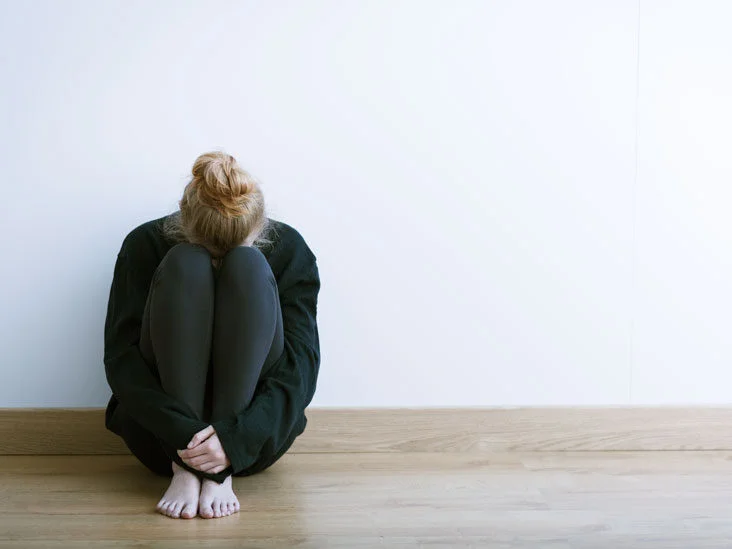Anxiety is a normal feeling that you experience now and then. For example, you can be anxious before an exam or a vital decision. If your anxiety is extreme, lasts for more than six months, and interferes with your life, it becomes a mental health issue. Severe anxiety Tarpon Springs can alter your daily assignments and overall functioning. Common symptoms of anxiety include restlessness, trouble concentrating, anxious thoughts or beliefs, fatigue, inability to control your response to situations, difficulty falling asleep, and unexplained aches. You may also experience physical symptoms like trembling, shaking, and rapid heartbeat. Untreated anxiety can lead to severe complications or suicide.
What causes anxiety?
Researchers do not know the exact cause of anxiety, but a combination of the following factors plays a role.
Chemical imbalance: Extreme or long-term stress can change the chemical balance that controls your mood leading to anxiety.
Environmental factors: Trauma can trigger an anxiety disorder.
Genetics: You can inherit an anxiety disorder from one or both of your parents.
What are types of anxiety?
Generalized anxiety disorder: This is the most common anxiety disorder where you have excessive, chronic worries about nonspecific events, objects, and situations.
Panic disorder: When you have panic disorder, you experience brief or sudden attacks of intense terror and apprehension.
Specific phobia: In this anxiety disorder, you tend to have irrational fear and avoidance of certain objects or situations.
Agoraphobia: This anxiety is characterized by fear and avoidance of places or situations that may be difficult to escape, or help will not be available if you become trapped.
Social anxiety disorder: This type of anxiety involves fearing negative judgment from people when you are at social events or of public embarrassment.
What are the risks of anxiety?
A combination of genetic and environmental factors can increase the risk of developing an anxiety disorder. Family history of anxiety or other mental health issues, traumatic events, and certain physical conditions like heart arrhythmias can increase your chances of developing anxiety. You also have a higher chance of getting anxiety if you have certain personality traits like shyness or behavior inhibition.
What are the treatments for anxiety?
Medications
Medications cannot cure your anxiety, but help improve your symptoms and function. Your doctor may prescribe anti-anxiety medications like benzodiazepines to help reduce your anxiety, panic, and worry. These drugs work quickly, but you only use them for a short time, as long-term use makes them less effective. Antidepressants can be beneficial in improving your mood and minimizing stress. If you are experiencing physical symptoms like shaking and rapid heartbeat, your doctor can recommend beta-blockers.
Psychotherapy
Psychotherapy helps you recognize your emotions and behaviors that lead to troublesome symptoms and learn how to deal with them. Your provider also helps you face fears causing your anxiety and develop solutions to how to deal with them. Psychotherapy may involve talking therapy or relaxation exercises.
Anxiety is a mental health disorder that alters how you process emotions and behave, causing physical symptoms. It can result from genetic and environmental factors and chemical imbalances in your brain. Your doctor can treat and manage your anxiety through medications and psychotherapy. Schedule an appointment at Just Psych, LLC for anxiety treatment to improve your overall functioning.

